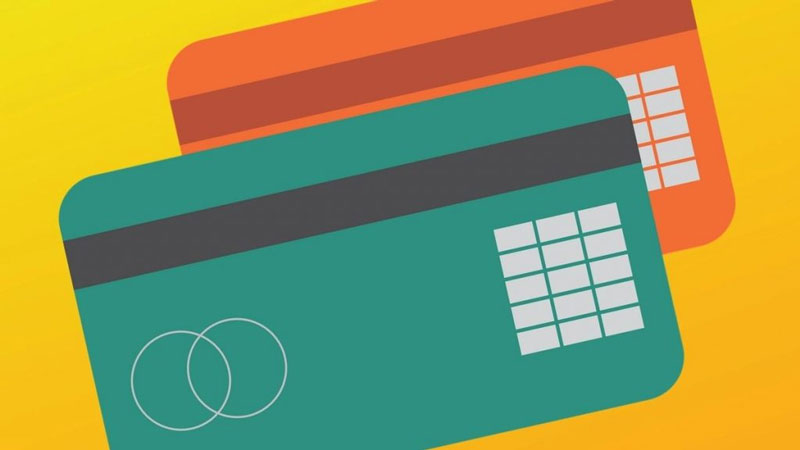Giving a Debit Card to a Teenage Child
If you're the parent of teenagers, you're likely giving them chores at home or yard chores to earn an allowance. If you were able to earn an allowance as young, you most likely received it from your parents in hard, cold cash. For today's teenagers, the times have changed. Nowadays, cash isn't the king, and plastic is.
Considering a Debit Card for a Teen
The world is becoming cash-less, with 3 out of 10 Americans saying they do not spend any money during a typical week. However, Americans rising support making purchases with debit cards, including American teenagers. If you've been pondering whether or not to offer your child the option of a debit card or are wondering why to get the best debit cards for teens, think about the advantages, particularly contrasted with cash.
A debit card typically comes with a regular checking account and can provide greater security and convenience than conventional checks. The use of a debit card can assist your child in understanding the connection between earning funds, using the money, and understanding the value of the products or services they get. As a teenager, you might have spent most of your time as well as your allowance money in the mall. Today, the average teen shops the same way as you do on the internet. The easiest method to purchase something on the internet? It's not cash.

The Right Age to Open a Spending Account for a Teen
Children differ in the rate of learning how to manage money responsibly. Some are ready by middle school, whereas others might not be ready in high school until even later. In general, it's best to allow them to do mistakes. At the same time, under parental guidance, she added, rather than wait until they're independent and the financial consequences are more severe. It's equally essential for parents to be prepared to take the time to check the bank account, talk about spending and provide guidance.
Linking Teen's Checking Account to a Savings Account
A separate account from one used for spending can encourage saving towards specific goals. However, wait for a few days before linking both accounts to ensure your child is able to keep the savings account alone.
Reasons to Get a Debit Card for a Teen
Children are taught financial responsibility from a young age. They begin to understand how to save money by putting their coins and cash in a piggy or jar bank. Then, they will be taught how to save by using a savings account with assistance from their families. When they become teens, they'll be enticed to spend more, whether at the cinema with their friends or going on an excursion. The possibility of these expenses might provide you with an idea to purchase the debit card you need for your children.

There are many alternatives to choose from. They can include traditional checking accounts that include debit cards. These accounts could be joint accounts between the parent and child. The child can be in control of their finances through the option of a debit card. Parents can also be able to monitor the way they use the card. Kids' debit cards could be issued by your bank or credit union. Ask them if they have choices for joint accounts you can use with your child. Certain banks and credit unions won't permit minors to use debit cards in their names. It is recommended to search for options that have joint accounts. Parents should search for debit cards that charge minimal or no charges for the maintenance and the funding of the account. You can track the account online, set spending limits, and access it via ATMs.
Conclusion
Each child will have their own individual pace for becoming financially accountable. Certain kids will be ready in middle school, while others will not be ready to reach high school. It's best to let them try making errors on their own to ensure they can learn from their mistakes. Of course, as parents, you'll be there to help them. Parents must be able to keep an eye on the use of credit cards. Make sure you remind yourself that the aim is to teach your children the importance of being responsible for your spending behavior. In addition, they should be able to control their finances. One of the most important aspects is using a debit card. You must do the best you can to assist them in mastering its use.

What Exactly Is the Function of Cloud Storage?

ETF Options vs. Index Options: What's the Difference?

All You Need to Know About What is a Dividend?

Best Affordable Health Insurance Companies

What Prevents Bitcoins From Being Double-Spent?

See How Investing With LEAPS Could Generate Huge Returns

A Comprehensive Analysis of The Mastercard Credit Card On eBay

12 Money Personality Types: Which One Are You?

What Is CAR (Capital Adequacy Ratio)?

All You Need to Know Before Giving the Best Debit Cards to Teens

The 5-Minute Trading Strategy
